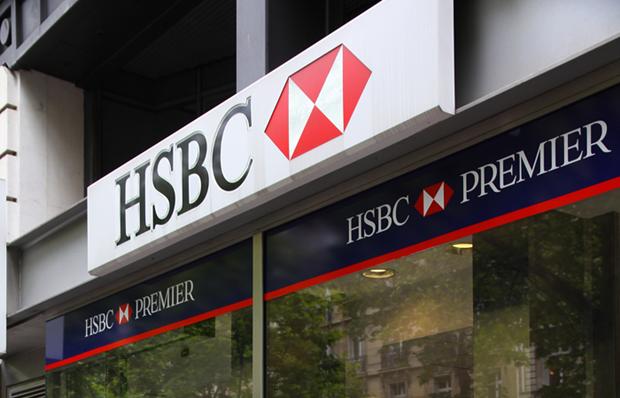HSBC earnings beat estimates, announces $2 bn share buyback

HSBC, Europe's largest bank, reported a set of financial results that beat estimates in the first half of 2017 and announced a $2 billion share buyback on the back of a growing capital base. HSBC's profits rose 5% in the first half of the year after a turbulent 2016.
The results were better than expected with Europe's largest bank reporting that its pre-tax profit for the first six months to June came in at $10.2bn (£7.8bn), compared with $9.7bn (£7.4bn) for the same period last year, beating Bloomberg analysts' estimates, which had averaged out at a $4.6bn forecast.
"In the past 12 months we have paid more in dividends than any other European or American bank and returned $3.5 billion to shareholders through share buy-backs. We have done this while strengthening one of the most resilient capital ratios in the industry," Stuart Gulliver, HSBC group chief executive said in a statement.
The bank's operating profits dropped 12% to $16.4bn (£12.5bn), partly down to a sell-off of its Brazil operations.
Outgoing HSBC chairman Douglas Flint attributed the performance to a number of factors: “Markets-based revenues benefited from market share advances, commercial banking customer activity was robust, wealth management and insurance revenues were notably stronger in Hong Kong, and credit experience globally remained remarkably sound.”
HSBC also announced a share buyback of up to $2bn, which it said it expected complete by the end of 2017, raising the amount of total stock it has pledged to buy since the second half of 2016 to $5.5bn.
HSBC announced the appointment of a new chairman in March as part of a management overhaul that will also see it choose a new chief executive to replace Stuart Gulliver, following a massive drop in 2016 profits. For first the time in its 150-year history, the bank appointed in March an outsider as its new chairman, AIA chief executive Mark Tucker, to replace Mr Flint.
HSBC was one of six major US and European banks that were fined a total of $4.2bn by global regulators in a November 2014 crackdown for attempted manipulation of the foreign exchange market.
It was also fined $1.92bn by US prosecutors in 2012 to settle allegations that it failed to enforce anti-money laundering rules exposing it to exploitation by drug cartels and terrorist organisations.

